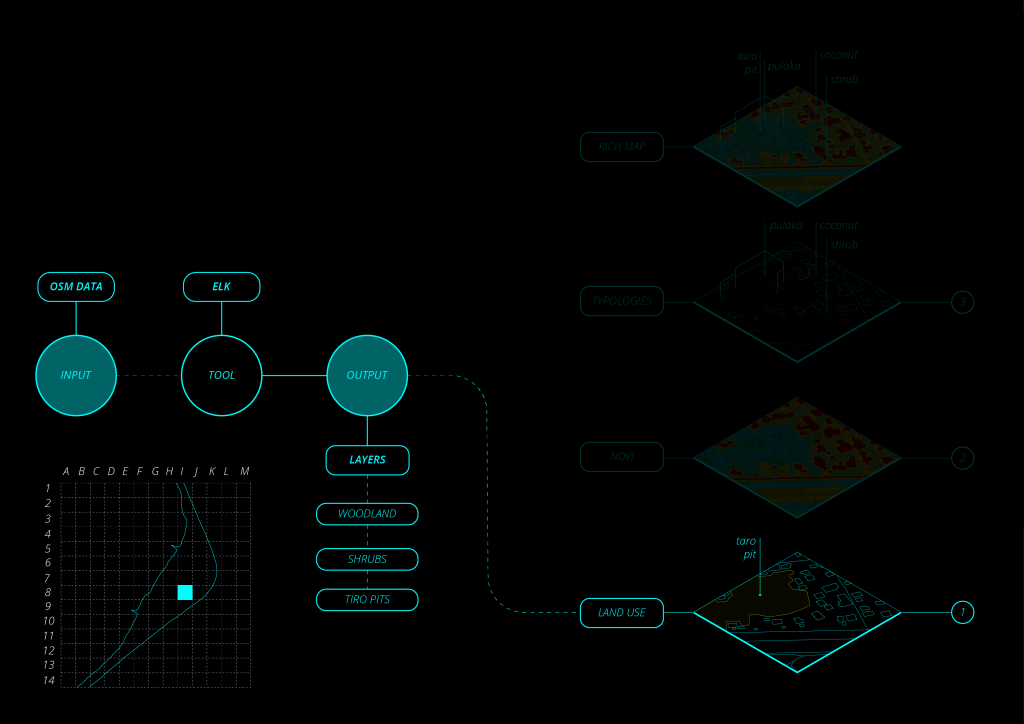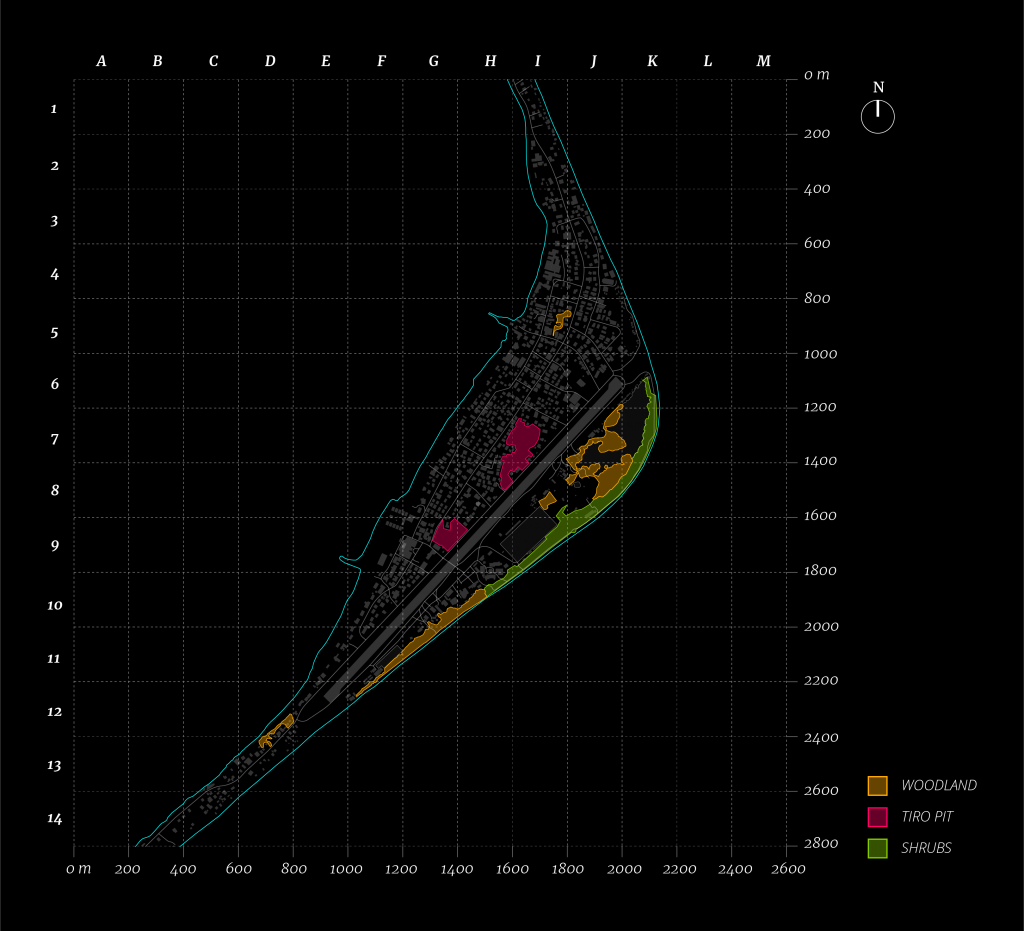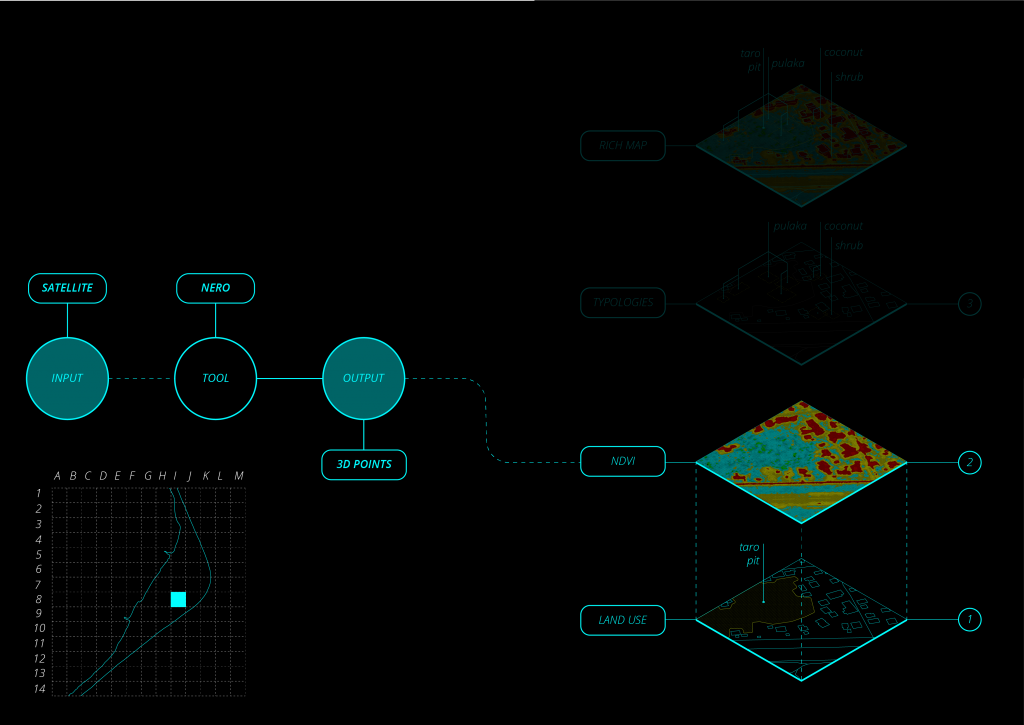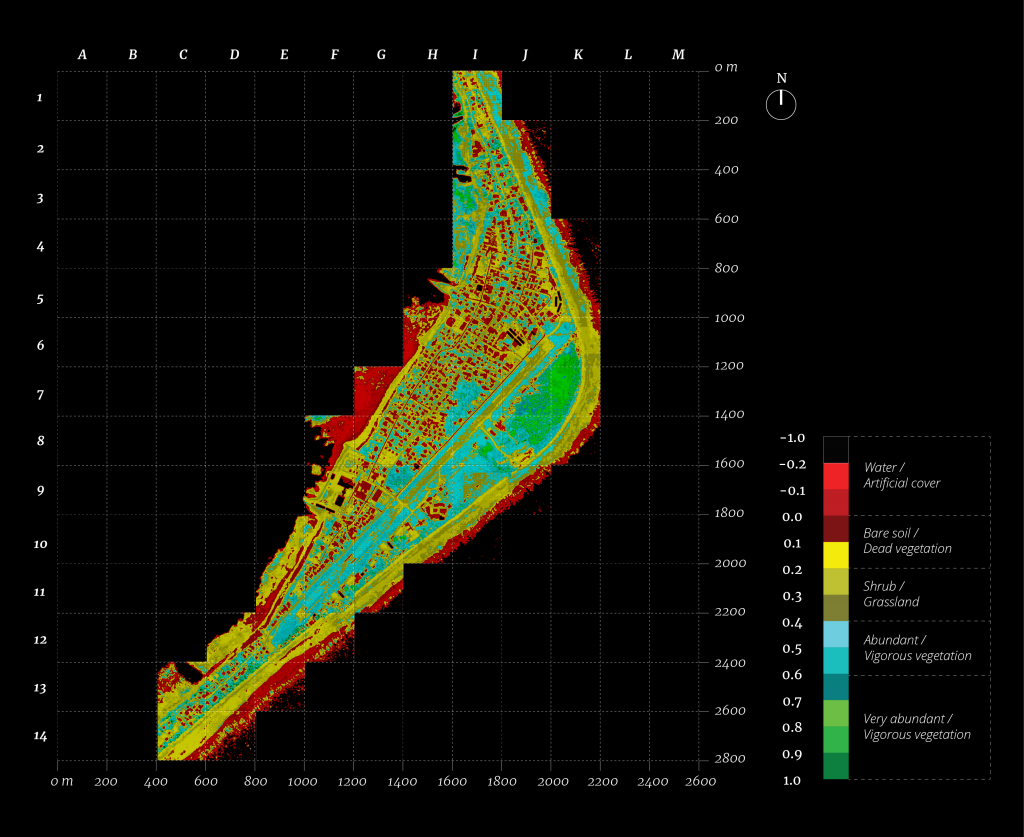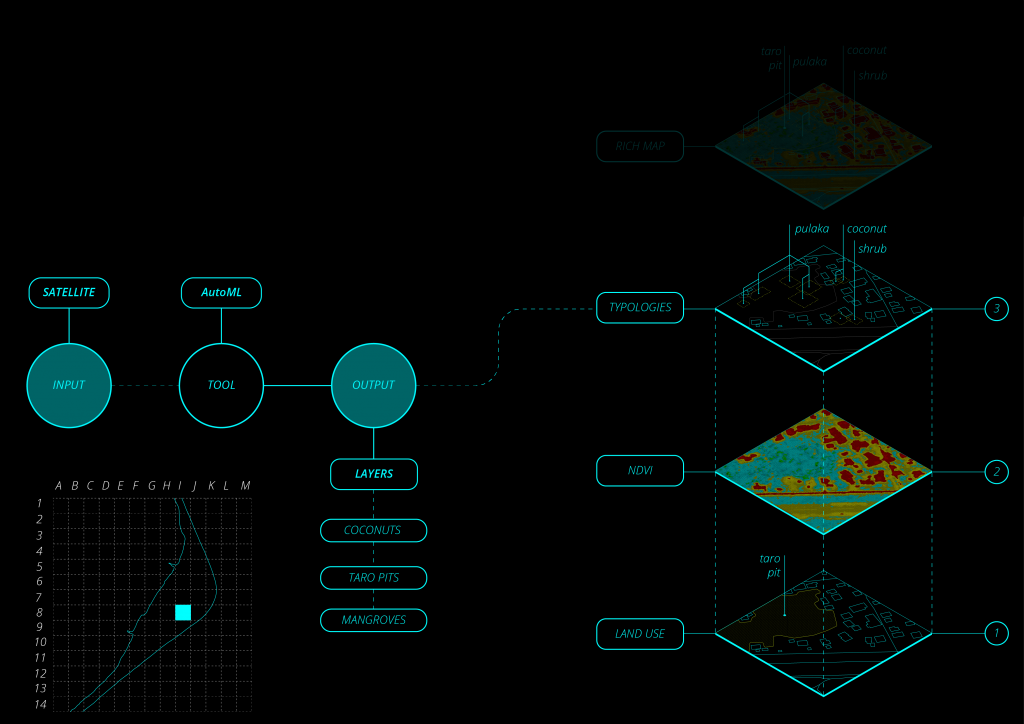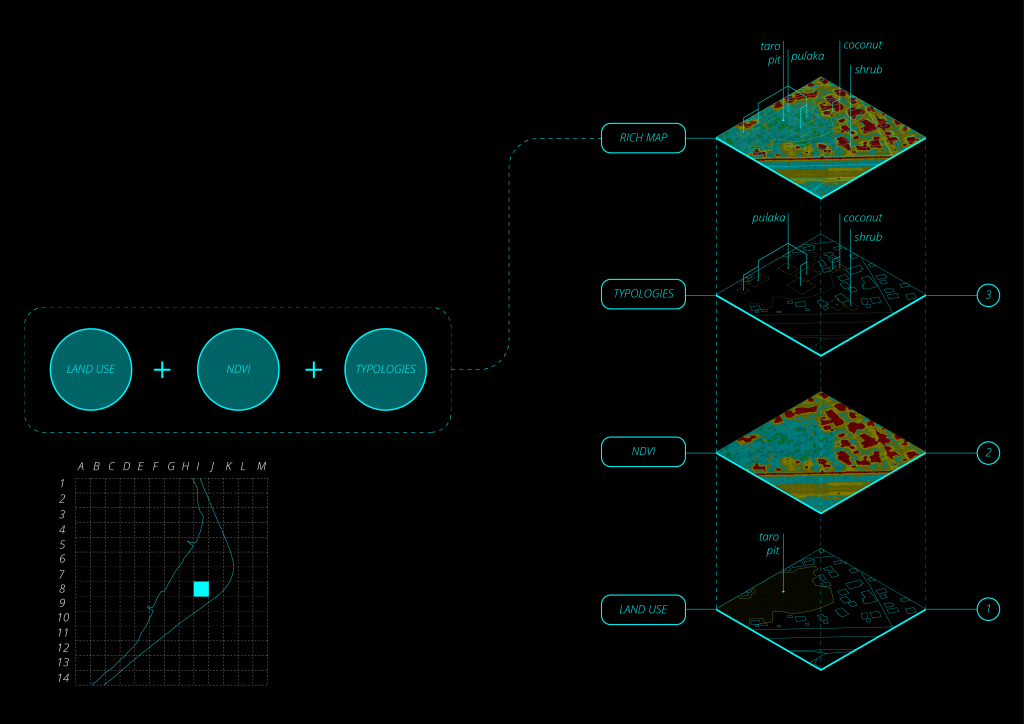ABSTRACT
Climate change poses a multitude of unpredictable threats to human habitation. Circular as an Island is an effort in developing a research methodology to identify and mitigate these threats with well-informed strategies associated with sea level rise. Nature has always been dynamic, and we aim to bring this dynamism to the strategies we propose. Through this research, we find out how advanced computational tools help us visualize these changes in real-time. Intelligent incremental design strategies prove important to minimize risk and maximize positive outcomes.
CONTEXT
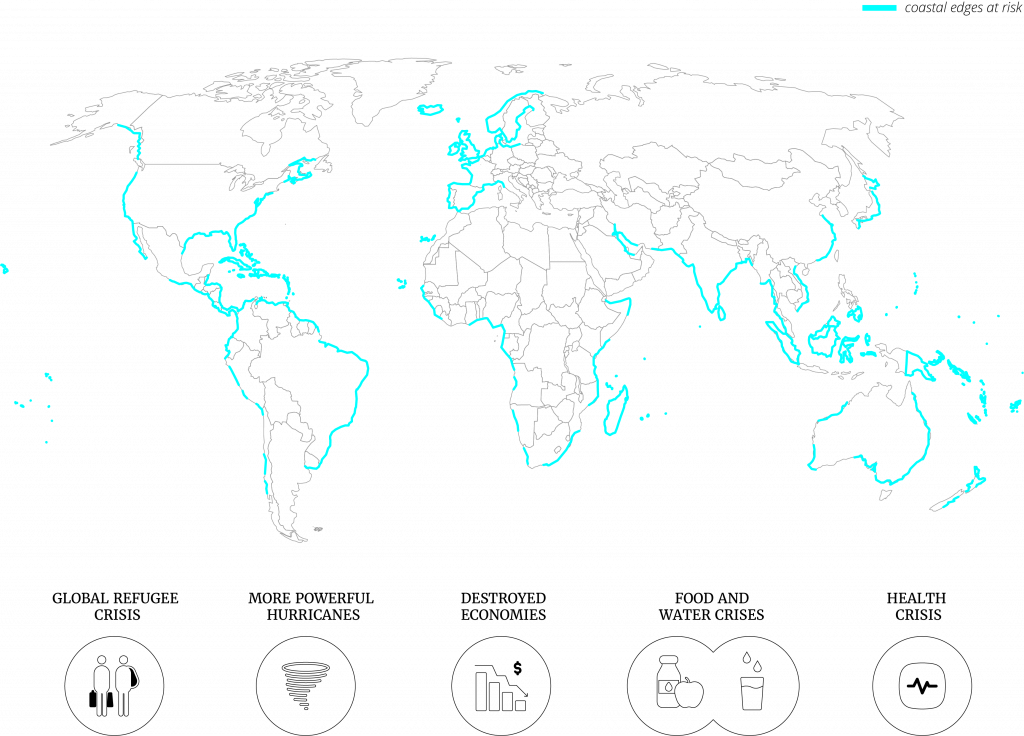
LOCATION
The project’s location is Funafuti, an atoll island and the capital of Tuvalu located in the Pacific Ocean. This atoll currently faces severe sea level rise impacts as coastal erosion, salinization of soil, and flooding.
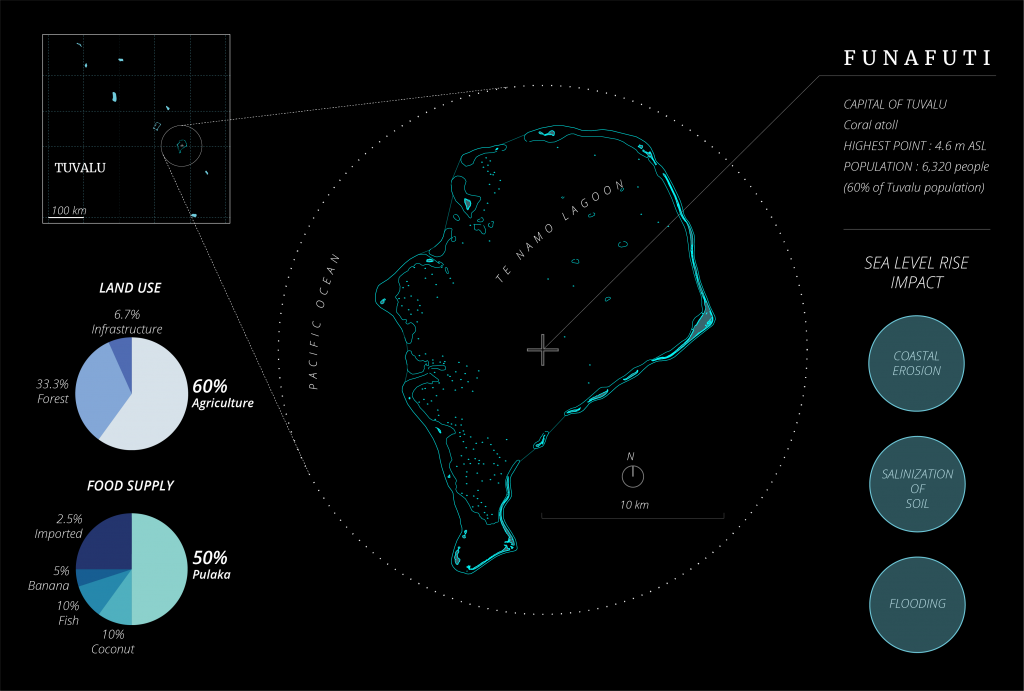
HYPOTHESIS
How can computational tools help us translate environmental conditions on remote urban atoll islands into data and make informed decisions to develop adaptive strategies to mitigate the rising sea level’s effects in the long term?
METHODOLOGY
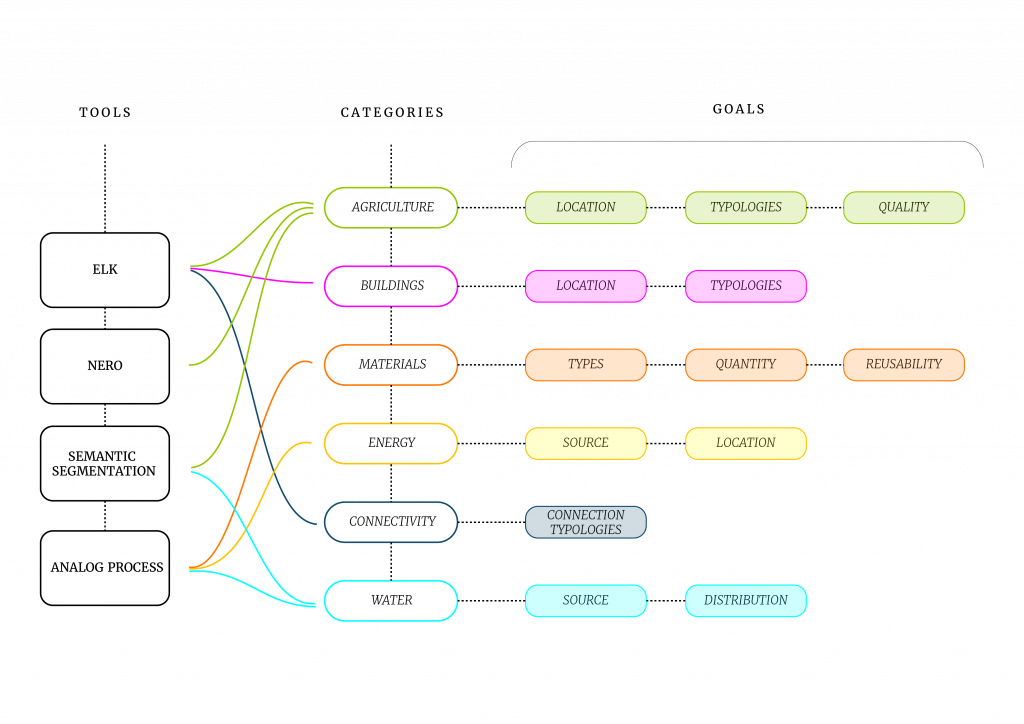
CATEGORIES
AGRICULTURE
For agricultural analysis, various tools were used, including Elk to analyze OSM data and identify the land use, Nero to visualize from the satellite image the “Normalized Difference Vegetation Index” (NDVI), and AutoML to identify and locate the different types of plants.
FRESH WATER
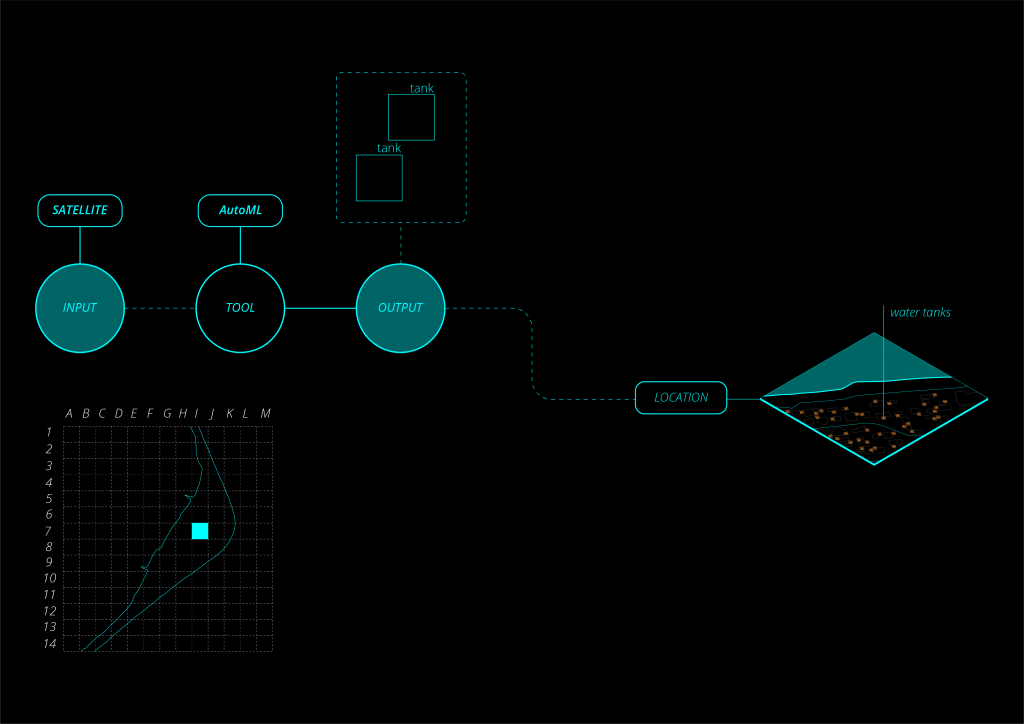
CONNECTIVITY
OSM data was also used to identify different types of road connections throughout the island: primary, residential, service roads, and pathways.
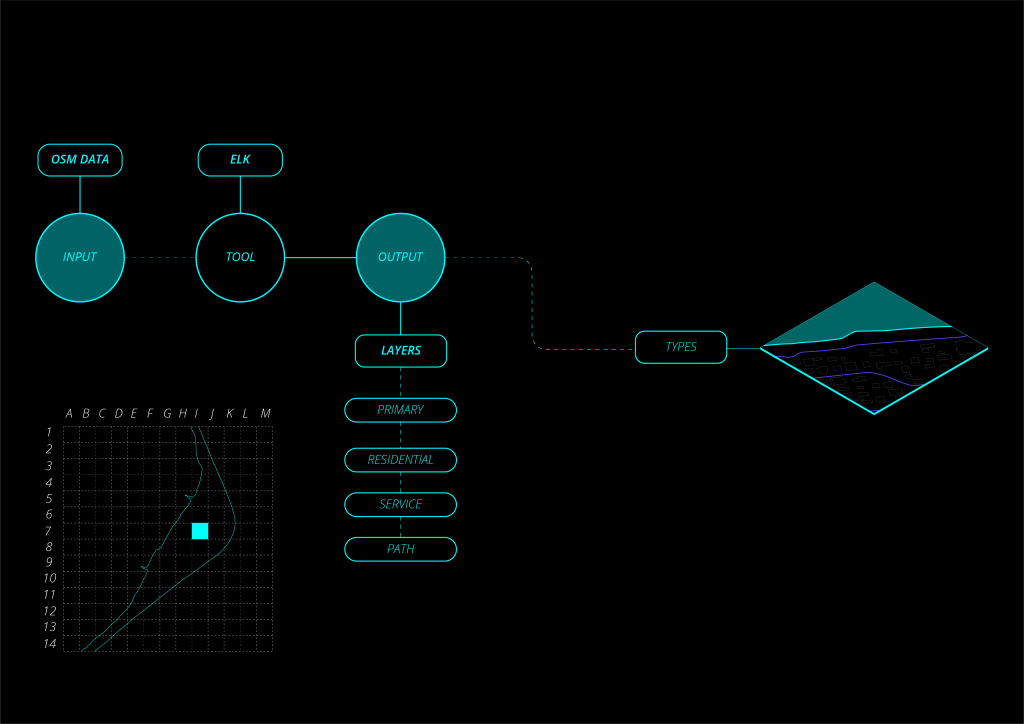
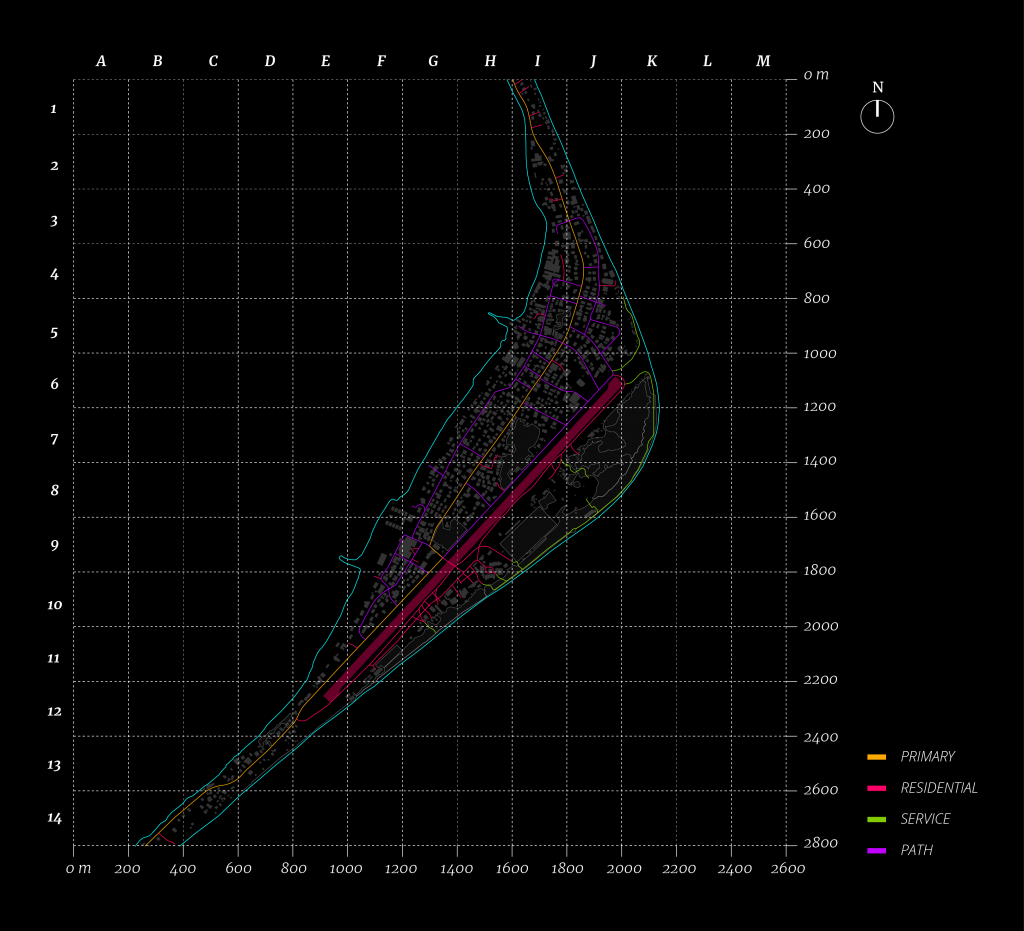
ELECTRICITY
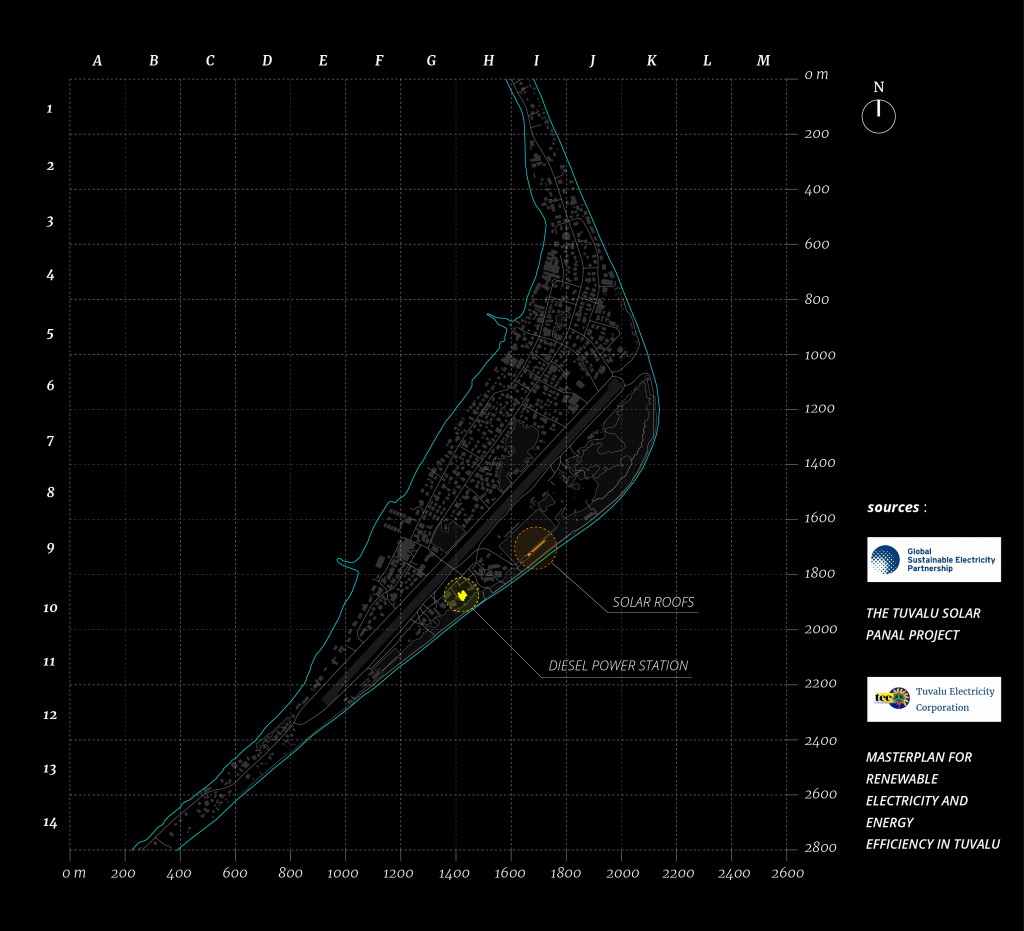
BUILDINGS
Identifying the different footprints of the building through satellite images allowed the classification of three typologies: single building, administrative building, and social building consisting of 2-3 joined structures. Subsequently, the analysis involved the materials that characterize type 3 by observing photographic and video material, allowing cataloging the materials based on their ratio.
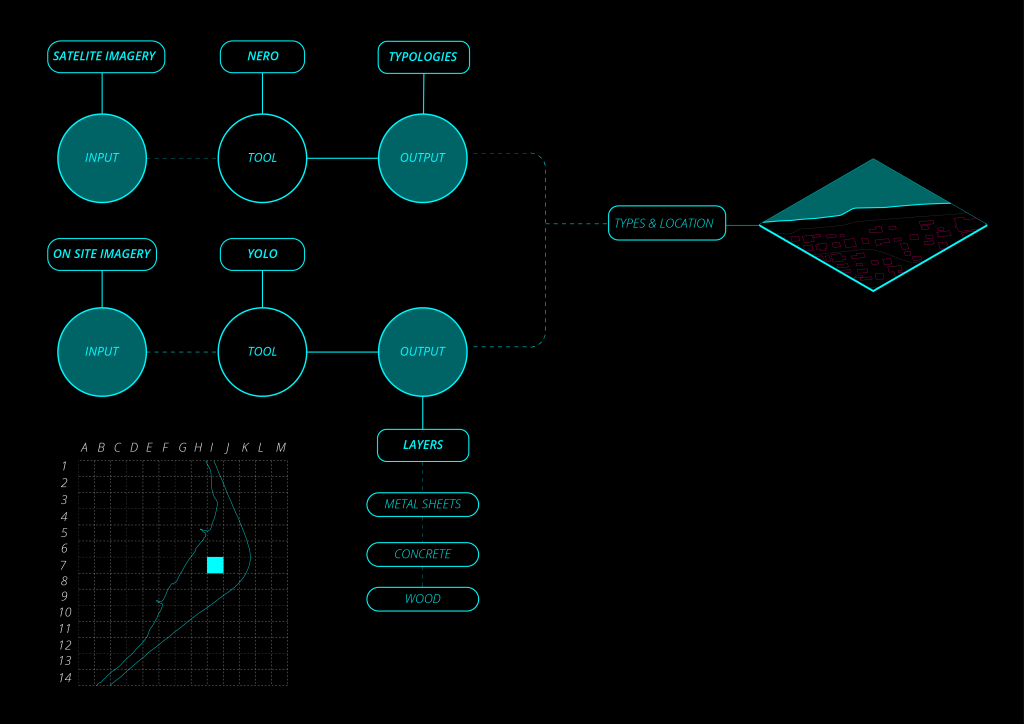
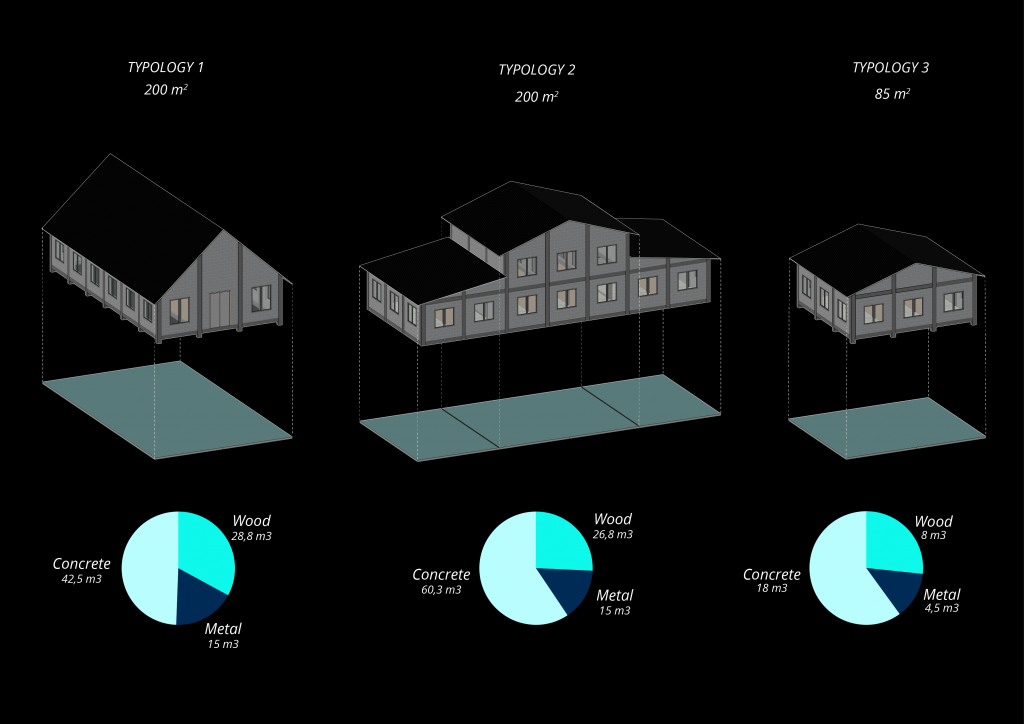
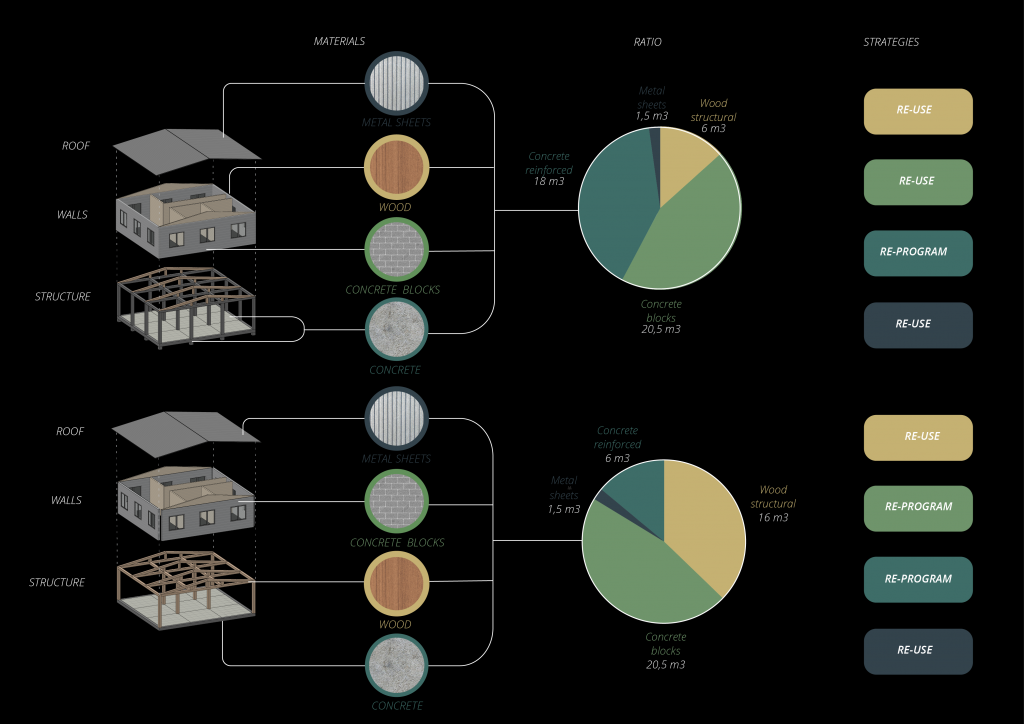
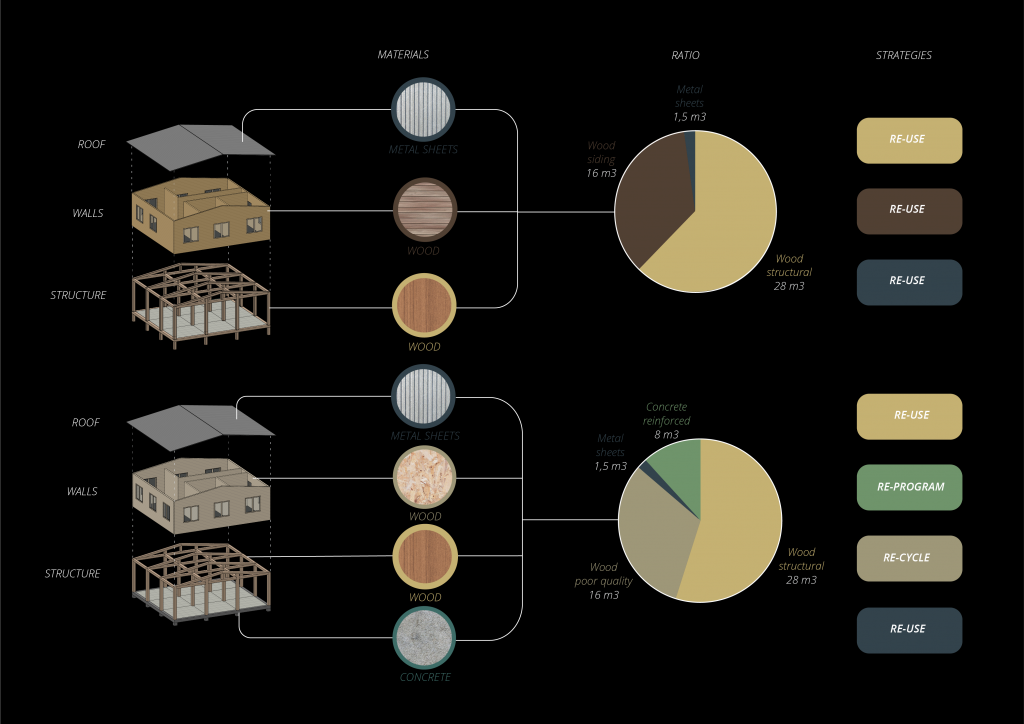
SEA LEVEL RISE IMPACT
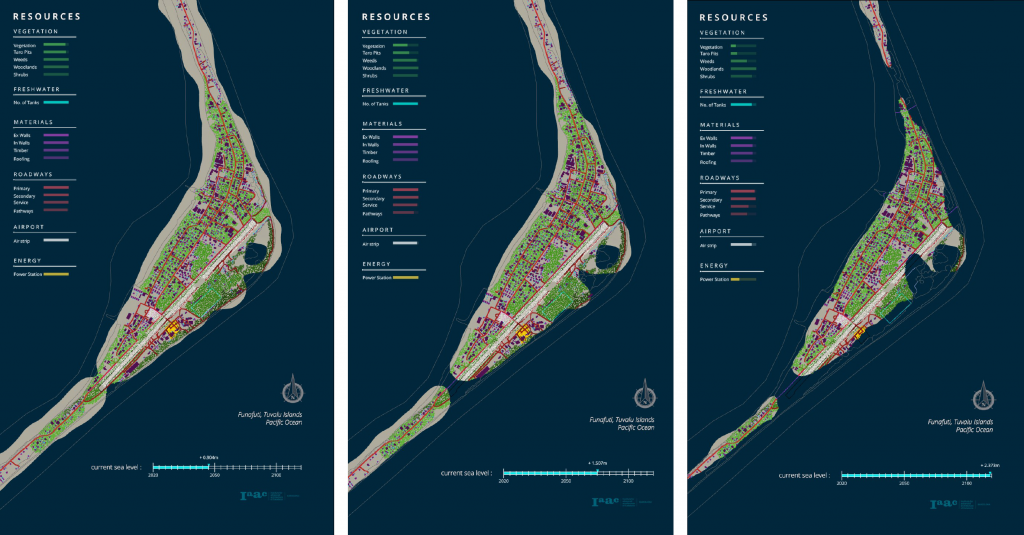
STRATEGIES
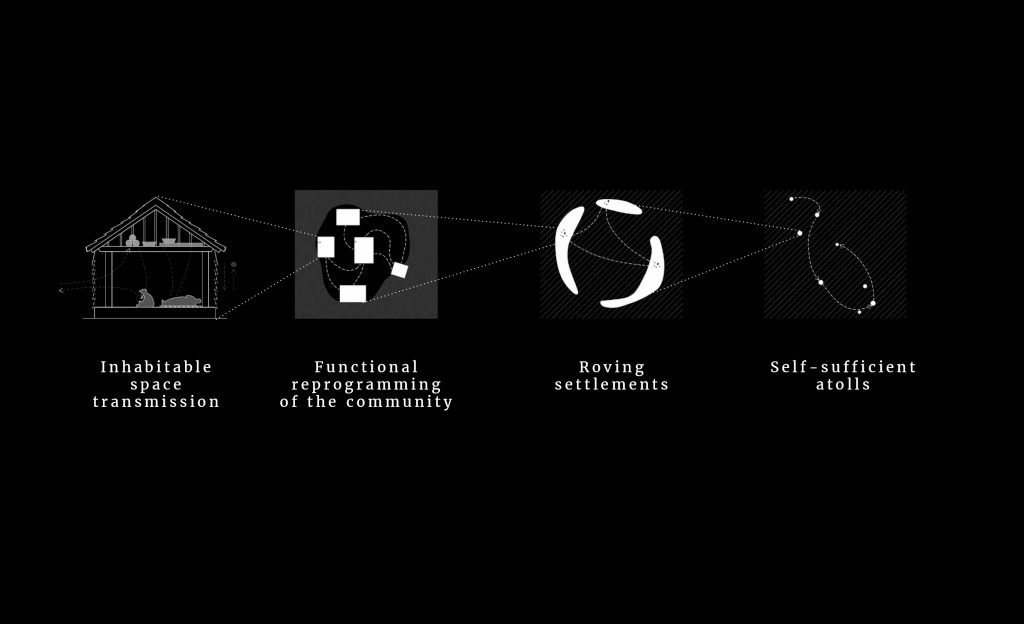
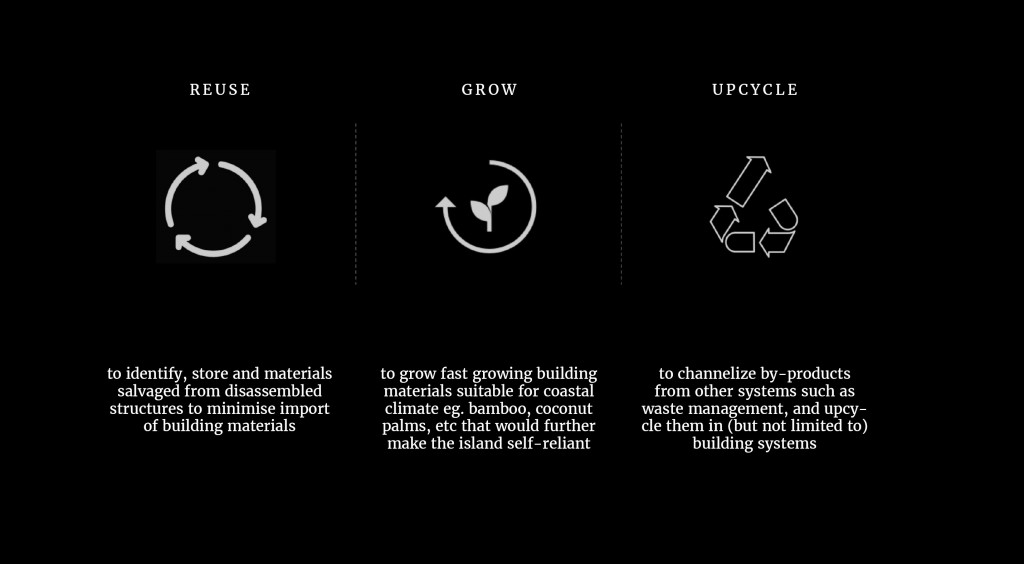
PROTOTYPE
FULL PROJECT
Circular as an Island is a project of IAAC, Institute for Advanced Architecture of Catalonia developed at Master in Advanced Architecture in 2020/21 by
Students: Elena Petruzzi, Aqeel Sourjah, Laukik Lad & Matvey Genne
Faculty: Areti Markopoulou, David Andrés León & Raimund Krenmüller
Faculty Assistant: Nikol Kirova
